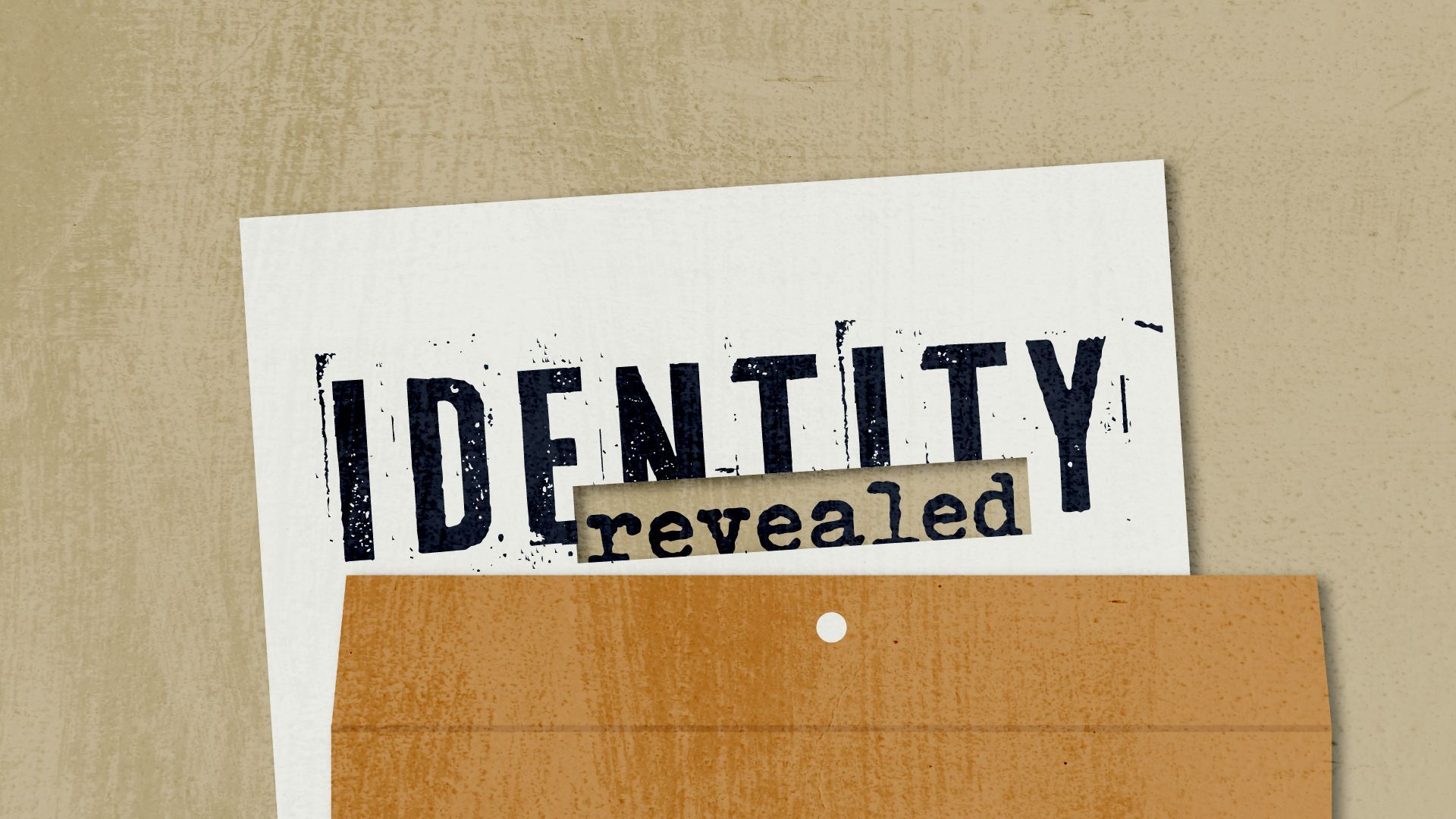Followers of Christ Know How to Love their Families
Love can cause harm. Consider the wife whose husband wants little to do with church. She loves him and does not want to upset him. So, when her husband wants her and the children to stay home Sunday morning, she complies without protest. That wife’s love for her husband hurts him, her children, and herself. Or consider the father who loves his child so much that he gives the child everything that child asks for. That father’s love is toxic. It is shaping that child to be a selfish, entitled adult.
In our families, it is not enough that there is love. We need to rightly love, to love in a way that leads to blessings for those we claim to love. This illustrates the need for followership. In Jesus we see perfect, self-sacrificial love. Jesus loves us as we are. He also loved us too much to leave us as we are. So, in love he gave his life up so that we might be holy and blameless. His love for us shapes the way we love our spouse, our children, our parents. Today we see that followers of Christ know how to love their family.





